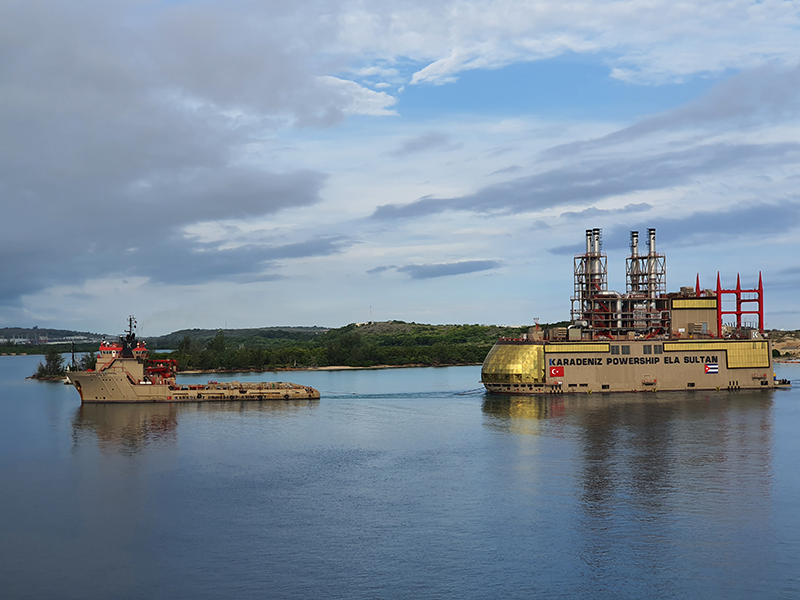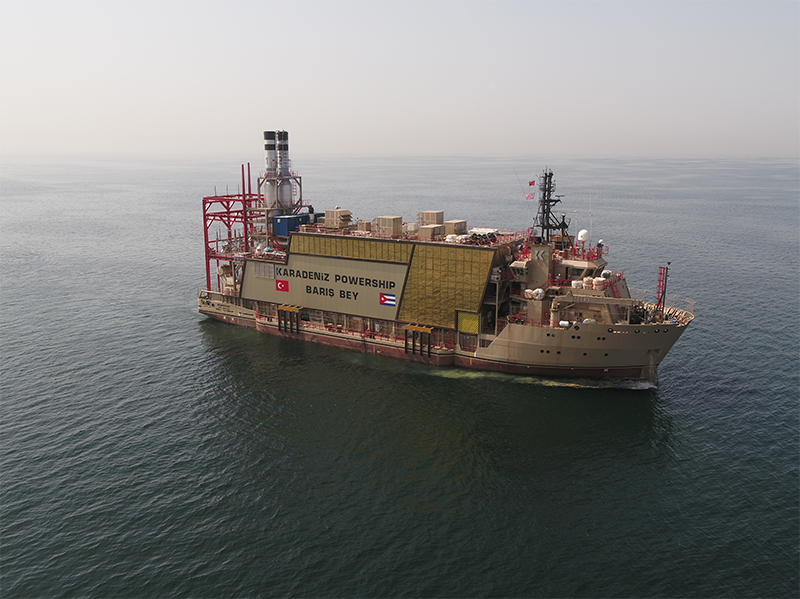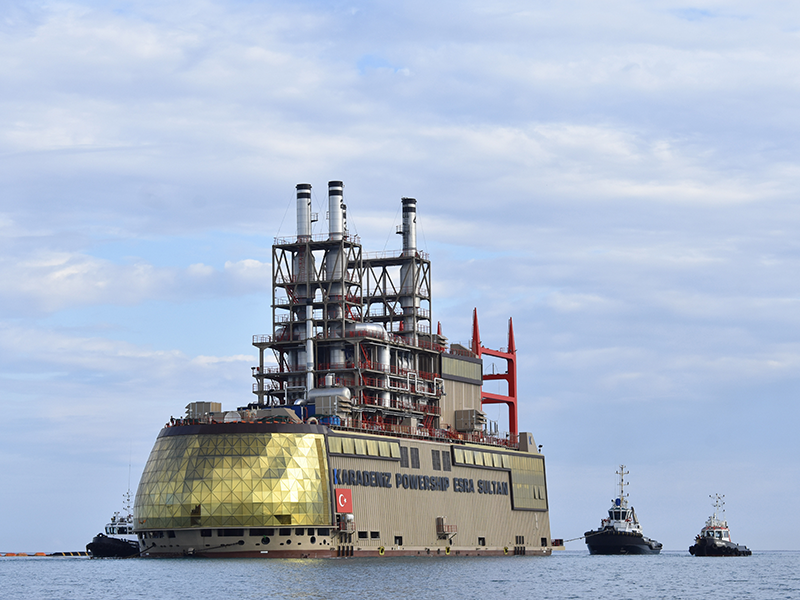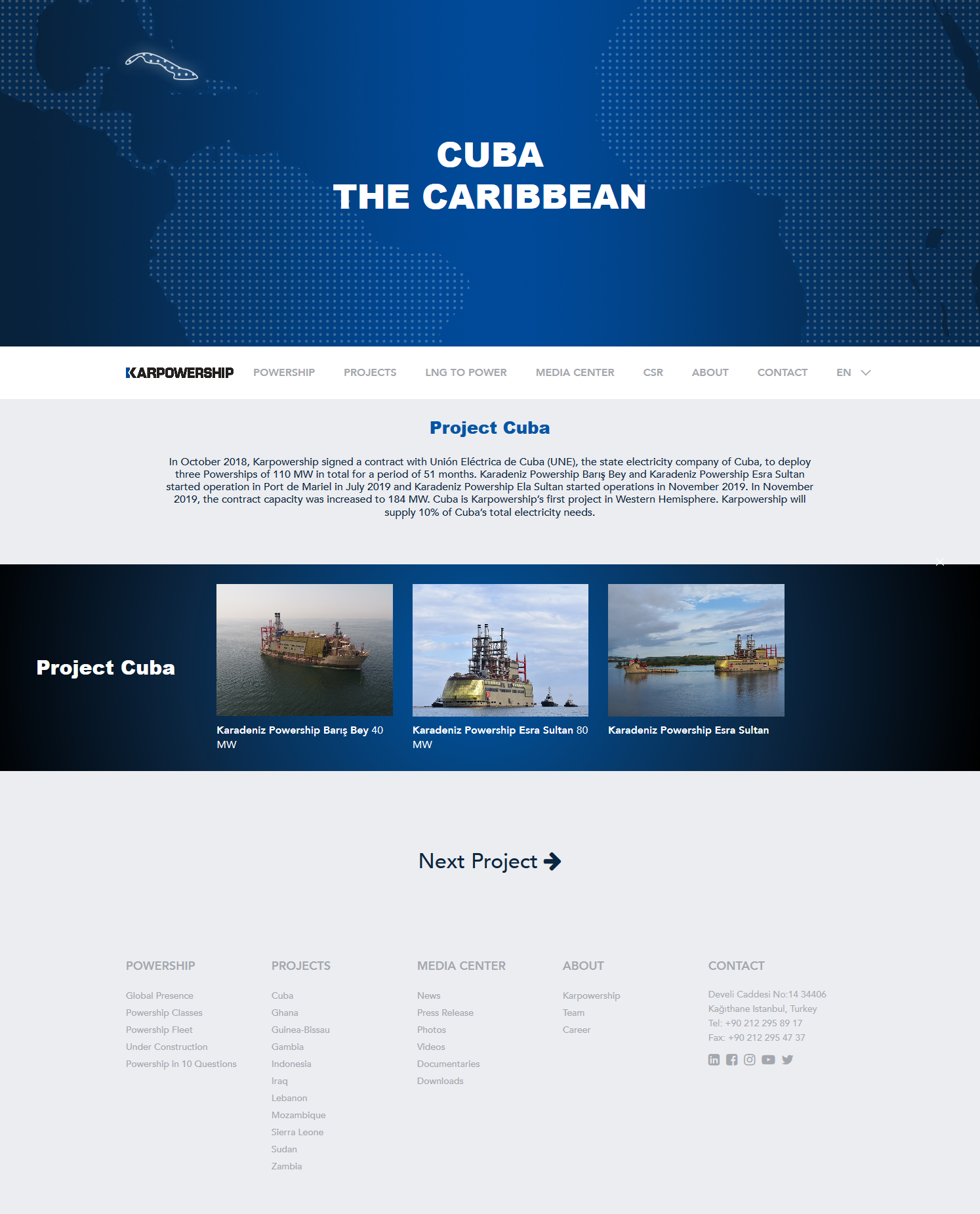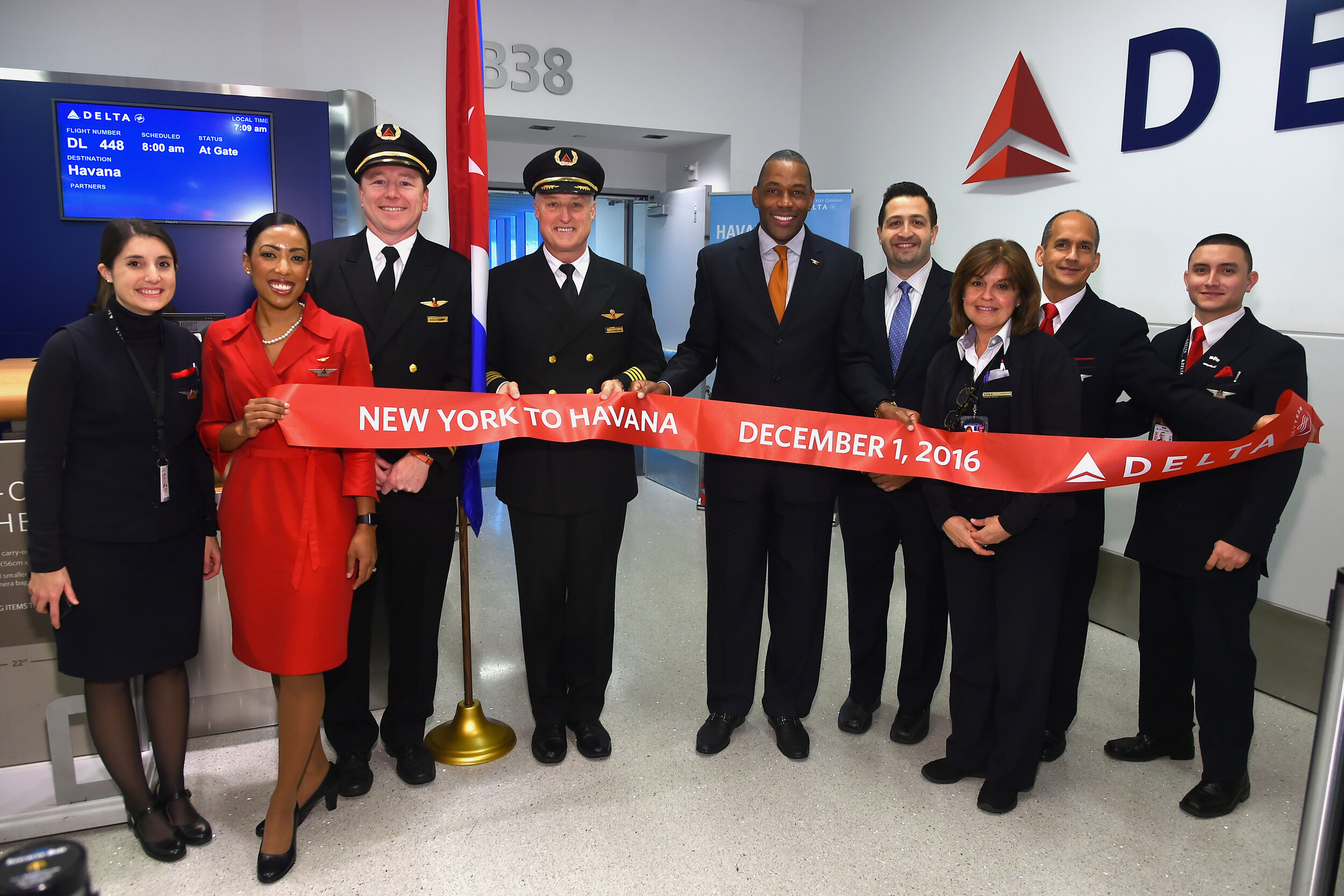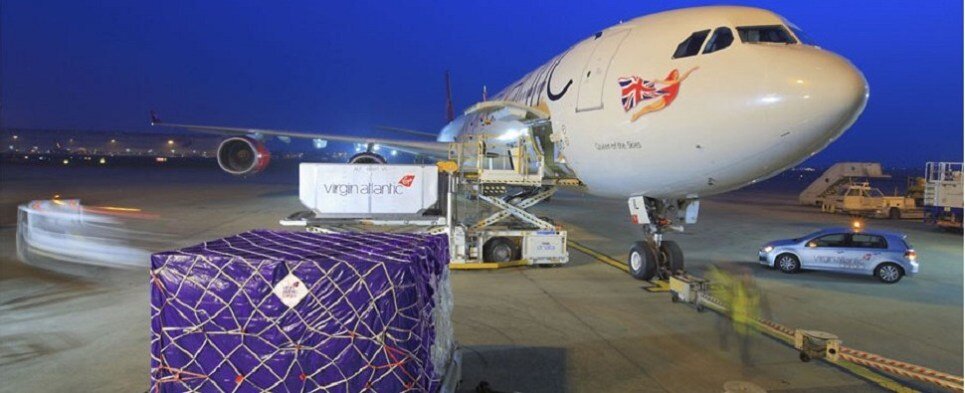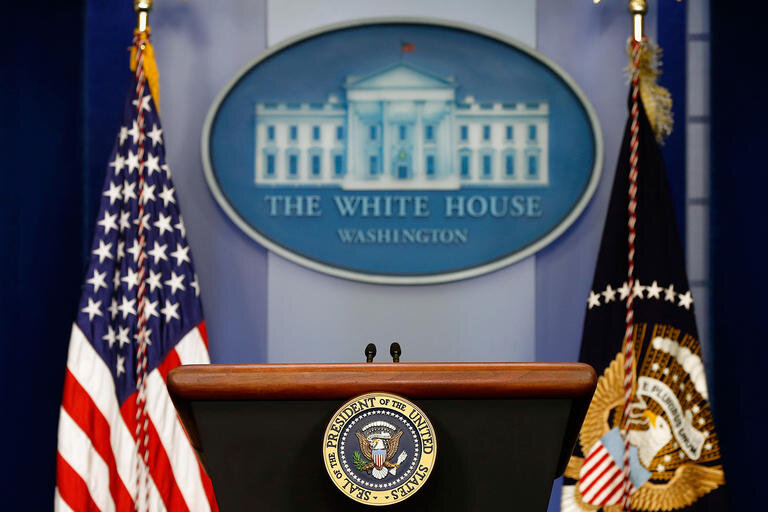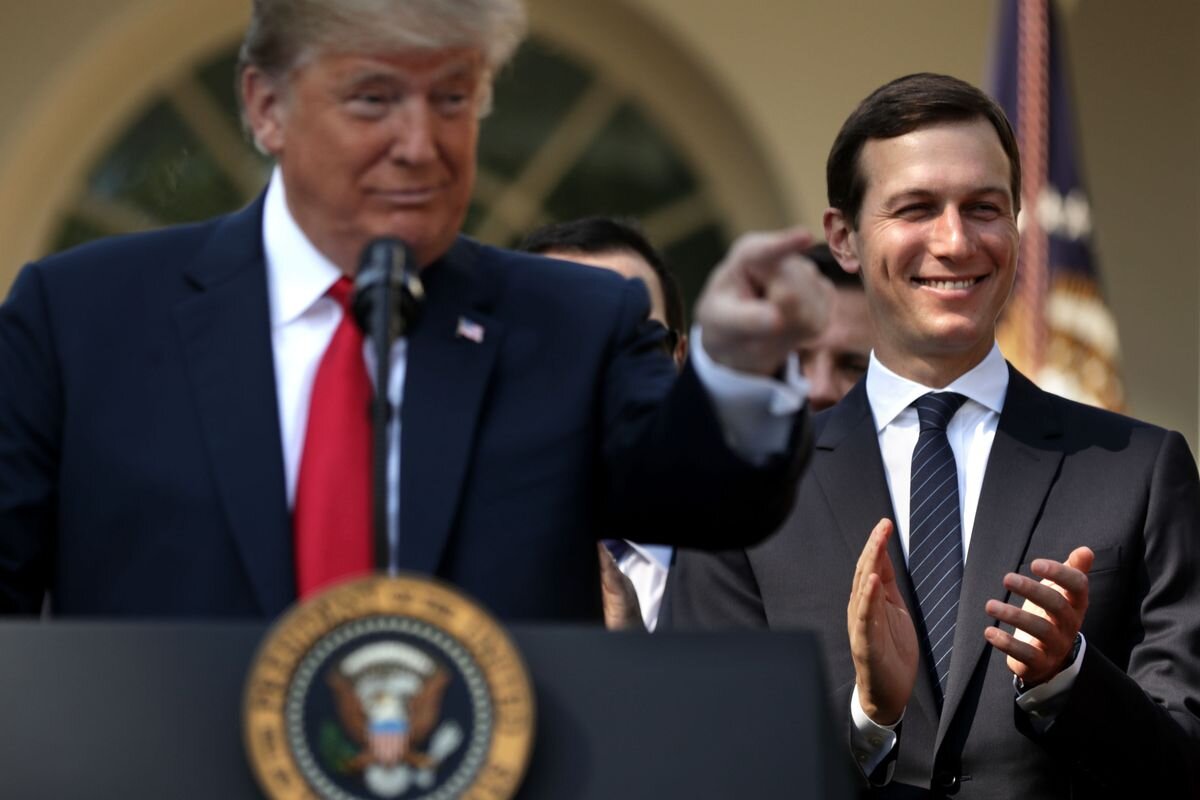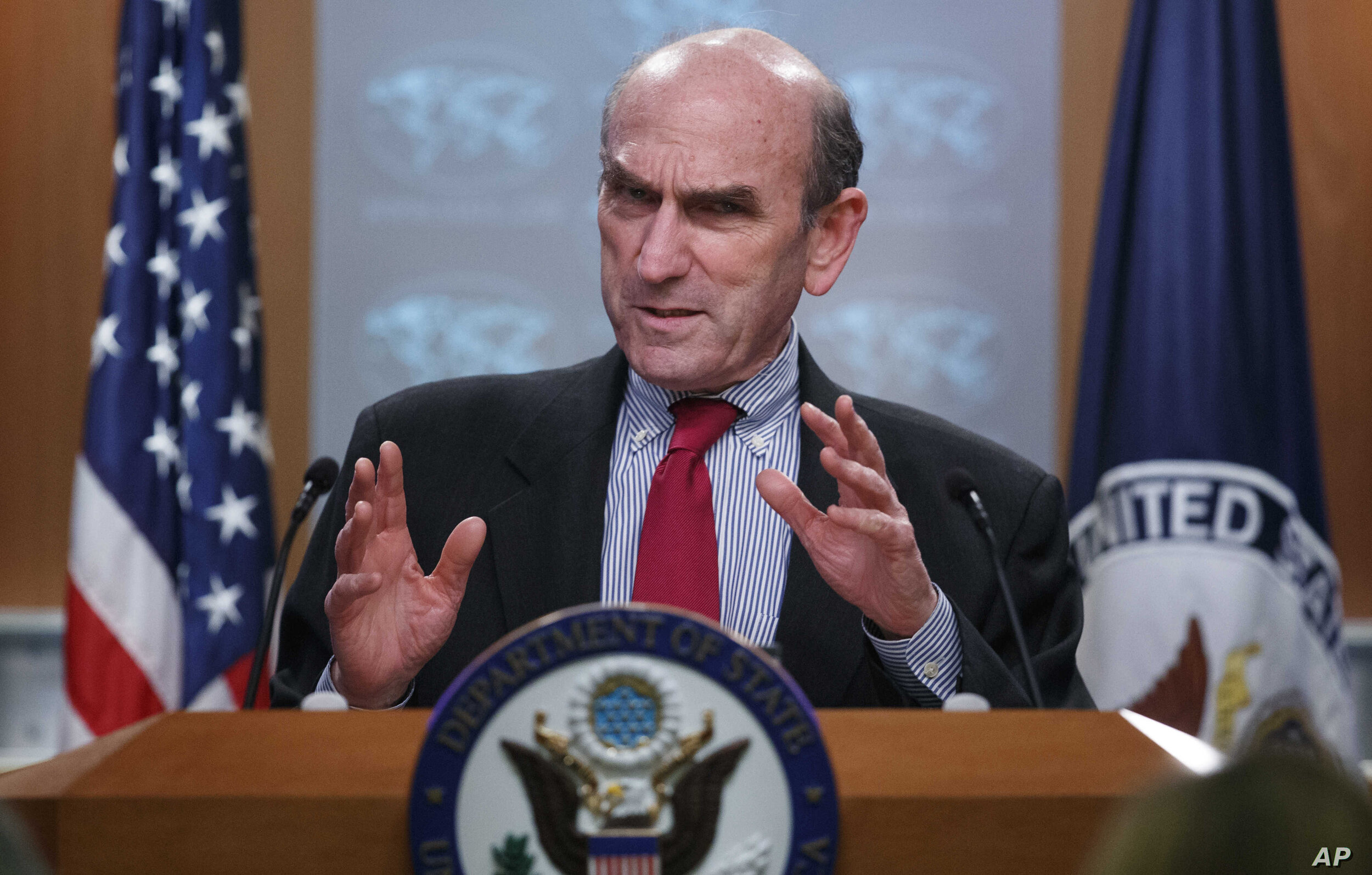The U.S.-Cuba Trade and Economic Council has sought since 2018 information relating to MAP/FMD funding for the Republic of Cuba. Despite numerous requests, on 19 December 2019, the United States Department of Agriculture (USDA) notified by email that no information would be released. A Freedom of Information Act (FOIA) request for the information was filed on 22 December 2019 and a response was received on 26 February 2020.
USDA- 26 February 2020
“This is the final response to the December 22, 2019, Freedom of Information Act (FOIA) request submitted to the U.S. Department of Agriculture (USDA), Foreign Agricultural Service (FAS). Your request sought records from the Market Access Program (MAP) and Foreign Market Development program (FMD), regarding funding in the Republic of Cuba, specifically:
The total amount of FY 2020 FMD funding approved for use in Cuba;
The total amount of FY 2020 MAP funding approved for use in Cuba;
The total number of FY 2020 participants approved for FMD funding for use in Cuba;
The total number of FY 2020 participants approved for MAP funding for use in Cuba.
A search for responsive records was conducted by the FAS Office of Program Operations, which administers the FMD and MAP programs. The Office of Program Operations conducted a search of the Unified Export Strategy (UES) database. UES is the integrated planning system used by U.S. agricultural trade groups to apply for FAS market development and export promotion programs. The search did not identify any responsive records. For this reason, this office is not able to provide any records that are responsive to your request. The Office of Program Operations specified that:
The total amount of FY 2020 FMD funding approved for use in the Republic of Cuba is: $0
The total amount of FY 2020 MAP funding approved for use in the Republic of Cuba is: $0
The total number of FY 2020 participants approved for FMD funding for use in the Republic of Cuba is: 0
The total number of FY 2020 participants approved for MAP funding for use in the Republic of Cuba is: 0”
The Honorable Sonny Perdue, United States Secretary of Agriculture, had been requested to make public the names of participants (or number of participants) and the amount of funding per participant (or total amount of funding) approved to use USDA Fiscal Year 2020 MAP (Market Access Program) and FMD (Foreign Market Development) funding in the Republic of Cuba.
Total MAP/FMD for Fiscal Year 2020 is US$203,811,813.00 compared to US$201,697,191.00 in 2019. There were 87 approved applicants in Fiscal Year 2020 and 87 approved applicants in Fiscal Year 2019.
According the USDA, no request was made in Fiscal Year 2019 to use the Republic of Cuba provision in H.R. 2, the five-year Agriculture Improvement Act, known as the “Farm Bill” signed into law on 20 December 2018 by The Honorable Donald J. Trump, President of the United States. Unknown if there was a request or requests for Fiscal Year 2020 funding.
In 2018, advocates maintained that the Farm Bill provision was critical to “laying the groundwork” for increasing exports of agricultural commodities and food products to the Republic of Cuba. Statements from members of Congress included: “… an important first step to regaining our presence in Cuba.” Yet, there was not one request to the USDA for Fiscal Year 2019.
Most observers reasonably concluded that legislative advocates- within the United States Congress and organizations located in Washington DC and located outside of the beltway would have prominently teed-up at least one high-profile applicant to request funding on 21 December 2018- regardless of whether the USDA was expected to approve including the Republic of Cuba in Fiscal Year 2019 allocations.
The most significant impact of not having any MAP/FMD requests for Fiscal Year 2019 to use the Republic of Cuba provision in the Farm Bill is what the lack of interest portended for other legislative efforts in the United States Congress to rescind prohibitions upon the provision of payment terms for agricultural commodity and food product exports from the United States to the Republic of Cuba.
There has yet to be a United States agricultural commodity exporter or United States financial institution who has publicly stated that they would today provide payment terms and/or financing and what those payment terms and financing terms would be for Republic of Cuba government-operated entities. That absence- which has remained consistent since 2000, is a massive legislative hurdle. Lacking pressure, why would the Trump Administration do anything that it does not want to do?
From USDA
On 3 August 2018, the USDA wrote to the USCTEC: “Per the 2019 MAP NOFA (Federal Register Notices attached), All applications must be received by 5 p.m. Eastern Daylight Time, on Friday, June 8, 2018. Applications received after this date will not be considered. FAS anticipates that the initial funding selections will be made by the end of October 2018, with the initial award dates estimated to be by the end of December 2018. Hence, groups are not able to submit additional applications. Groups can request to make changes to their Unified Export Strategy in order to reallocate funding from one approved project to another. These modifications are routine and groups work with their FAS Marketing Specialist to submit changes for approval.”
In 2018, the Foreign Agricultural Service (FAS) of the USDA reported none of the applications for Fiscal Year 2019 submitted by the 8 June 2018 deadline included funding requests for MAP/FMD to be allocated for use in the Republic of Cuba.
That none of the applications included the Republic of Cuba was not unexpected as the Republic of Cuba was not eligible for MAP/FMD funding and applicants may not have known on 8 June 2018 that an amendment would be introduced in the United States Senate on 13 June 2018 to authorize MAP/FMD funds to be available for the Republic of Cuba and whether that amendment would become a statute and when it would become a statute.
According to the USDA in 2018, if the Republic of Cuba was included among Fiscal Year 2019 eligible countries for MAP/FMD funding, applications submitted by 8 June 2018 would be authorized by the USDA to be amended. The FMD Year began in October 2018 and the MAP Year began in January 2019.
According to the USDA in 2018, absent changes to the then-existing USDA application process by Secretary Perdue, applications submitted by 8 June 2018 would have only been permitted to be amended- not to seek additional USDA funding, but reallocate previously-submitted funding requests from one country to another country, in this instance the Republic of Cuba.
The USDA reported in 2018 that it recognized there were unplanned events that impact an applicant’s ability to use previously-requested or previously-authorized MAP/FMD funds. For example, the People’s Republic of China and members of the Brussels, Belgium-based European Union (EU) implemented tariffs on certain food products and agricultural commodities after 8 June 2018, so an applicant might not want or might have been precluded from using requested or allocated funds towards activities in the People’s Republic of China and EU; so, the applicant might have wanted to submit a request to the USDA to reallocate all or a portion of funds towards use within another country.
According to the USDA in 2018, there may also have been impacting events that remained unknown through 2018 and became known in 2019, after the USDA had allocated all MAP/FMD funds to applicants, so then an entity having received a MAP/FMD funding allocation could request a reallocation from the USDA.
On 20 March 2019, the USDA wrote to the USCTEC: “Applications for FY19 MAP/FMD funds were made in 2018 when Cuba was not an eligible country. USDA is not allowing those funds to shift to Cuba. USDA will consider proposals for FY20 MAP/FMD funds for Cuba projects.”
On 5 April 2019, the USDA wrote to the USCTEC: “For FY 2019, FMD and MAP are being operated according to the NOFAs [Notice of Funding Availability] published in May 2018, at which time Cuba was ineligible. At this time FAS has no plans, nor has it received any requests, to authorize the redirection of already allocated funds to Cuba this fiscal year. For FY 2020, the NOFAs are currently under development and FAS program managers are working to ensure that the funding solicitations reflect the intent of Congress as expressed in the Farm Bill vis-à-vis Cuba.”
What Is FMD & MAP?
The USDA does not provide any payments to selected applicants in advance of the applicant making disbursements. The USDA provides payment upon receipt of an invoice from the applicant. The invoices are audited by the USDA and a claw back of payments is permitted. Any Republic of Cuba-related invoice is likely to receive additional scrutiny due to an amendment to the Farm Bill submitted by The Honorable Marco Rubio (R- Florida), a member of the United States Senate.
MAP: “Through the Market Access Program (MAP), FAS partners with U.S. agricultural trade associations, cooperatives, state regional trade groups and small businesses to share the costs of overseas marketing and promotional activities that help build commercial export markets for U.S. agricultural products and commodities.”
For Fiscal Year 2020, the USDA allocated US$176,849,915.00 in taxpayer funds to 65 participants under the MAP compared to US$174,600,000.00 to 65 participants in Fiscal Year 2019 and US$173,802,447.00 to 66 participants in Fiscal Year 2018.
“MAP reaches virtually every corner of the globe, helping to build markets for a wide variety U.S. farm and food products. FAS provides cost-share assistance to eligible U.S. organizations for activities such as consumer advertising, public relations, point-of-sale demonstrations, participation in trade fairs and exhibits, market research and technical assistance. When MAP funds are used for generic marketing and promotion, participants must contribute a minimum 10-percent match. For promotion of branded products, a dollar-for-dollar match is required.
Each year, FAS announces the MAP application period and criteria in the Federal Register. Applicants apply for MAP through the Unified Export Strategy (UES) process, which allows eligible organizations to request funding from multiple USDA market development programs through a single, strategically coordinated proposal. FAS reviews the proposals and awards funds to applicants that demonstrate the potential for effective performance based on a clear, long-term strategic plan.”
FMD: “The Foreign Market Development (FMD) Program, also known as the Cooperator Program, helps create, expand and maintain long-term export markets for U.S. agricultural products. Under the program, FAS partners with U.S. agricultural producers and processors, who are represented by non-profit commodity or trade associations called “cooperators,” to promote U.S. commodities overseas.”
For Fiscal Year 2020, the USDA allocated US$26,961,898.00 to 22 participants under the FMD compared to US$27,097,191.00 in taxpayer funds to 22 participants in Fiscal Year 2019 and US$26,484,947.00 to 23 participants in Fiscal Year 2018.
“The FMD program focuses on generic promotion of U.S. commodities, rather than consumer-oriented promotion of branded products. Preference is given to organizations that represent an entire industry or are nationwide in membership and scope.
FMD-funded projects generally address long-term opportunities to reduce foreign import constraints or expand export growth opportunities. For example, this might include efforts to: reduce infrastructural or historical market impediments, improve processing capabilities, modify codes and standards, or identify new markets or new uses for the agricultural commodity or product.
Each year, FAS announces the FMD application period and criteria in the Federal Register. Organizations apply for the FMD program through the Unified Export Strategy (UES) process, which allows applicants to request funding from multiple USDA market development programs through a single, strategically coordinated proposal. FAS reviews the proposals and awards funds to applicants that demonstrate the potential for effective performance based on a clear, long-term strategic plan.”
Value Of MAP/FMD
For the United States business community, the MAP/FMD amendment to the Farm Bill was significant, but more likely to provide greater financial value to the government of the Republic of Cuba than to United States food product and agricultural commodity exporters using provisions of the Trade Sanctions Reform and Export Enhancement Act (TSREEA) of 2000.
The likelihood of a value to United States taxpayers, as members of the United States Senate have posited, of US$28.00 returned for every US$1.00 in expenditures of MAP/FMD throughout the world, and now including the Republic of Cuba, will be challenging to measure- but it will be important to measure and the USDA should focus upon the cost-benefit analysis.
FMD Participant FY 2020 Allocation
Almond Board of California $192,819
American Hardwood Export Council, APA - The Engineered Wood Association, Softwood Export Council, and Southern Forest Products Association $2,578,929
American Peanut Council $461,575
American Seed Trade Association $187,182
American Sheep Industry Association $119,814
American Soybean Association $6,993,963
Cotton Council International $4,084,667
Cranberry Marketing Committee $162,365
Mohair Council of America $29,094
National Renderers Association $591,347
National Sunflower Association $162,360
North American Millers Association $50,679
U.S. Dairy Export Council $523,346
U.S. Dry Bean Council $99,367
U.S. Grains Council $2,754,371
U.S. Hide, Skin and Leather Association $700,675
U.S. Livestock Genetics Export, Inc. $373,044
U.S. Meat Export Federation $1,154,347
U.S. Wheat Associates $3,472,254
USA Dry Pea and Lentil Council $31,819
USA Poultry and Egg Export Council $890,505
USA Rice Federation $1,347,376
Total: $26,961,898
https://www.fas.usda.gov/programs/foreign-market-development-program-fmd/fmd-funding-allocations-fy-2020
MAP Participant FY 2020 Allocation
Alaska Seafood Marketing Institute $4,226,181
American Hardwood Export Council, APA - The Engineered Wood Association, Softwood Export Council, and Southern Forest Products Association $8,413,475
American Peanut Council $2,438,722
American Pecan Council $596,856
American Pistachio Growers/Cal-Pure Produce, Inc. $1,717,957
American Seed Trade Association $331,757
American Sheep Industry Association $441,441
American Soybean Association $4,402,578
American Sweet Potato Marketing Institute $212,565
Blue Diamond Growers/Almond Board of California $4,959,208
Brewers Association, Inc. $650,770
California Agricultural Export Council $981,458
California Cherry Marketing and Research Board $490,309
California Fresh Fruit Association $394,319
California Olive Committee $131,864
California Pear Advisory Board $363,530
California Prune Board $2,796,257
California Strawberry Commission $290,446
California Table Grape Commission $3,246,556
California Walnut Commission $3,927,959
Cherry Marketing Institute $290,296
Cotton Council International $14,454,482
Cranberry Marketing Committee $1,603,192
Distilled Spirits Council of the United States $489,298
Florida Department of Citrus $3,368,994
Florida Tomato Committee $246,201
Food Export Association of the Midwest USA $9,842,666
Food Export USA NE $8,602,188
Ginseng Board of Wisconsin $416,017
Hop Growers of America $378,030
Intertribal Agriculture Council $716,965
Mohair Council of America $77,685
National Association of State Depts. of Agriculture $2,744,277
National Confectioners Association $1,167,993
National Potato Promotion Board $4,610,157
National Renderers Association $972,413
National Sunflower Association $948,772
National Watermelon Promotion Board $193,136
New York Wine and Grape Foundation $411,447
Northwest Wine Coalition $1,029,921
Organic Trade Association $812,786
Pear Bureau Northwest $2,693,703
Pet Food Institute $1,401,529
Raisin Administrative Committee $2,680,808
Southern United States Trade Association $6,761,723
Sunkist Growers, Inc $1,653,152
Synergistic Hawaii Agriculture Council $306,400
The Popcorn Board $318,362
U.S. Apple Export Council $473,152
U.S. Dairy Export Council $4,641,021
U.S. Dry Bean Council $967,689
U.S. Grains Council $8,886,830
U.S. Hide, Skin and Leather Association $316,633
U.S. Highbush Blueberry Council $196,836
U.S. Livestock Genetics Export, Inc. $1,479,906
U.S. Meat Export Federation $12,954,232
U.S. Wheat Associates $5,869,104
USA Dry Pea and Lentil Council $1,022,920
USA Poultry and Egg Export Council $5,400,208
USA Rice Federation/U.S. Rice Producers Association $2,733,761
Washington Apple Commission $4,734,994
Washington State Fruit Commission $1,665,504
Welch Foods Inc. $864,644
Western U.S. Agricultural Trade Association $8,136,536
Wine Institute $6,299,144
Total: $176,849,915
https://www.fas.usda.gov/programs/market-access-program-map/map-funding-allocations-fy-2020
Previous Posts:
USDA Requested To Publish Organizations/Funding Amounts Approved For FY2020 FMD/MAP Funds In Cuba
December 13, 2019
https://www.cubatrade.org/blog/2019/12/13/6jb1gv4vgdyxybaom3w2nf0f2jxzlq?rq=MAP
Why Is USDA Stonewalling Response To Follow-Up About FMD/MAP Funding For Which It Previously Provided Answers?
October 09, 2019
https://www.cubatrade.org/blog/2019/10/9/why-is-usda-stonewalling-response-to-follow-up-about-fmdmap-funding-for-which-it-previously-provided-answers?rq=MAP
USDA Has Up To US$201 Million Available For Cuba- Why Doesn't Any Organization Want To Use It?
May 12, 2019
https://www.cubatrade.org/blog/2019/5/12/2abai1pugt44khnn3wps4pt0f0wvcl?rq=MAP
Farm Bill: No Fiscal Year 2019 MAP/FMD Applications Submitted To USDA Included Cuba
August 13, 2018
https://www.cubatrade.org/blog/2018/8/12/h68z2i1k5qc3eizw28z10rg3hfthv2?rq=MAP


